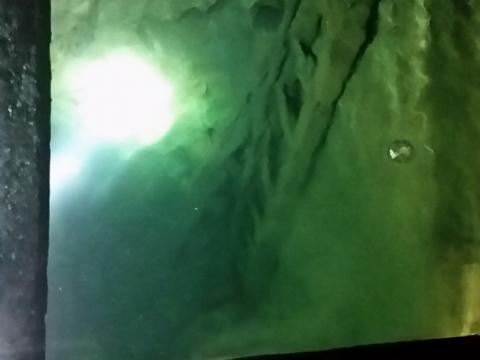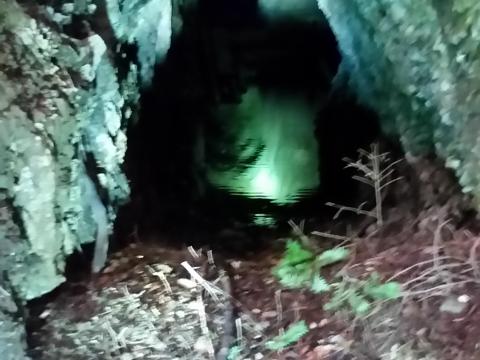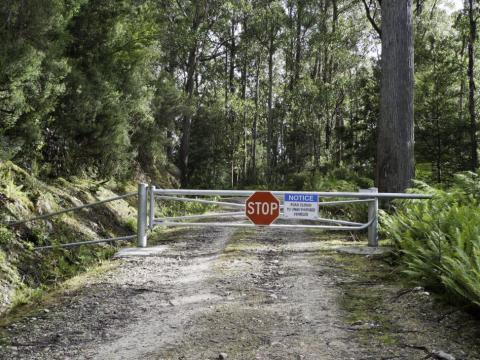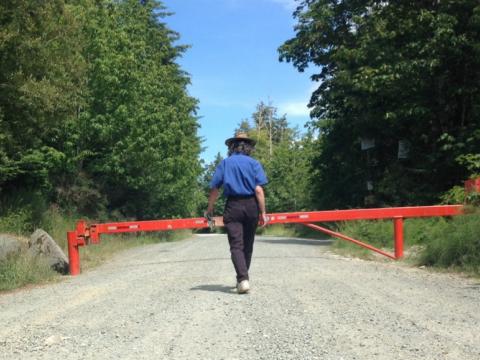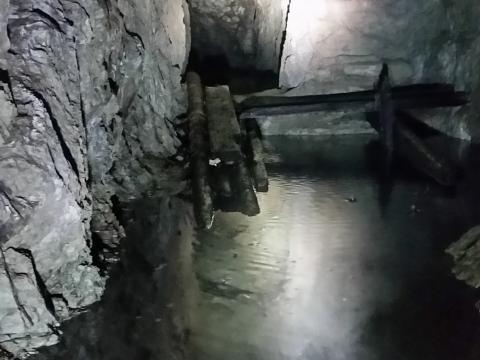BCiscool
History
- Member for
- 7 years 8 months
Recent Posts
Recent Comments
One has to keep in mind that under section 4 (25) of the highway traffic act "prohibited lights" it states off road lights have to be covered even if thy are connected to the vehicles high beams! However in saying that… this is a gray area under the highway traffic act and its up to each police officers discretion… Police discretion is a vague term that has an appropriately vague definition. It is defined as the decision-making power afforded to police officers that allows them to decide if they want to pursue police procedure or simply let someone off with a warning. How it looks in practice is different from situation to situation.
Sometimes you might get a ticket, while other times you might just be let off with a warning. Oftentimes appealing to police discretion is the best way to avoid hefty fines or tickets. This doesn’t necessarily have to be a consciously manipulative process. You can simply tell the truth, and if the truth is a story that shows you to be a generally serious, upstanding citizen with good intentions, police will generally be convinced.
Traffic violations – a police officer may decide that it is more worth the province’s time simply to give a warning rather than to file the paperwork for someone likely never to commit the violation again.
In closing I am in the process of installing a 36” LED light bar on my jeep… just saying.
Hate to be the party pooper, however LED light bars on vehicles, either mounted to the roof or embedded in the grill, are illegal to use while driving because of the very strong white light they emit. Light bars must have covers over them while the vehicle is being driven, to ensure they cannot be activated while the vehicle is in motion. Vehicles without LED light bar covers will be charged a fine of $113.10, regardless of whether the lights are on or not, under the Highway Traffic Act - Section 4.25 Prohibited lights.
Off-road lamps
4.25 a vehicle equipped with off-road lamps when on a highway must
have the off-road lamps concealed with opaque covers.
[en. B.C. Reg. 476/98, s. 2.]
The history of private managed forestlands is one of public largesse. The Big Three timber companies (TimberWest, Island Timberlands and Western Forest Products) hold land that first became private in exchange for a public service, building a railway. The original social contract for Tree Farm Licenses (the logging rights to public lands) was return that land to management under Crown regulation. But the timber companies very profitably broke that social contract- and the provincial government let them – when they released their private lands from TFLs. In 2003, the Liberals further delinked private lands from public obligations with the “fox watching the hen coop” provisions of the Private Forest Land Management Act, a “results based” and essentially voluntary regulatory regime.
The Big Three do extremely little for the people of the province in return for these gifts, but they certainly donate a lot to the BC Liberals who deregulated them. Between 2008 and 2011, Brookfield Asset Management (parent company of Island Timberlands) donated $95,000; Western Forest Products $72,500; Weyerhaeuser $35,500; and TimberWest $87,000. A partnership between forest owners and the provincial government,” indeed.
According to the Canadian Centre for Policy Alternatives, the results of the PFLMA include: logging at twice the sustainable rate; ever younger trees logged; all of Island Timberland’s Douglas fir “merchantable” stock slated for depletion in 25 years; loss of jobs because trees are no longer delivered to coastal mills; huge increase in raw log exports from B.C.’s coast, 62 per cent of which come from private forestlands; and tens of thousands of hectares of private forestland being readied for sale as real estate developments or other “ so called higher and better uses.”
It is worth noting that in 1962, a BC Special Committee on Public Access to Private Roads considered this issue, and recommended consideration of a Public Access Act. The envisioned Act would have been administered by the Department of Commercial Transport and allowed for the making of regulations governing the use of private easements, right of ways etc. The Legislative Committee also recommended the creation of criteria for the expropriation of private roads in the general public interest -- and that Government consider reserving the right to designate a right-of-way over land in all future Crown grants. However, the Committee’s work was shelved when forest companies freely granted recreational access to their Crown and privately-held properties.
Unfortunately, over the intervening decades a number of companies have withdrawn access. Among other things, hundreds of kilometres of roads to access lakes stocked at public expense have now been gated off. A modern solution to the old problem clearly needs to be fashioned.
The time is now to fight and take back OUR forests and protect OUR Crown Land.
I won't be doing sicker this weekend either... replacing upper & lower control arms.
- 1 of 2
- next ›

